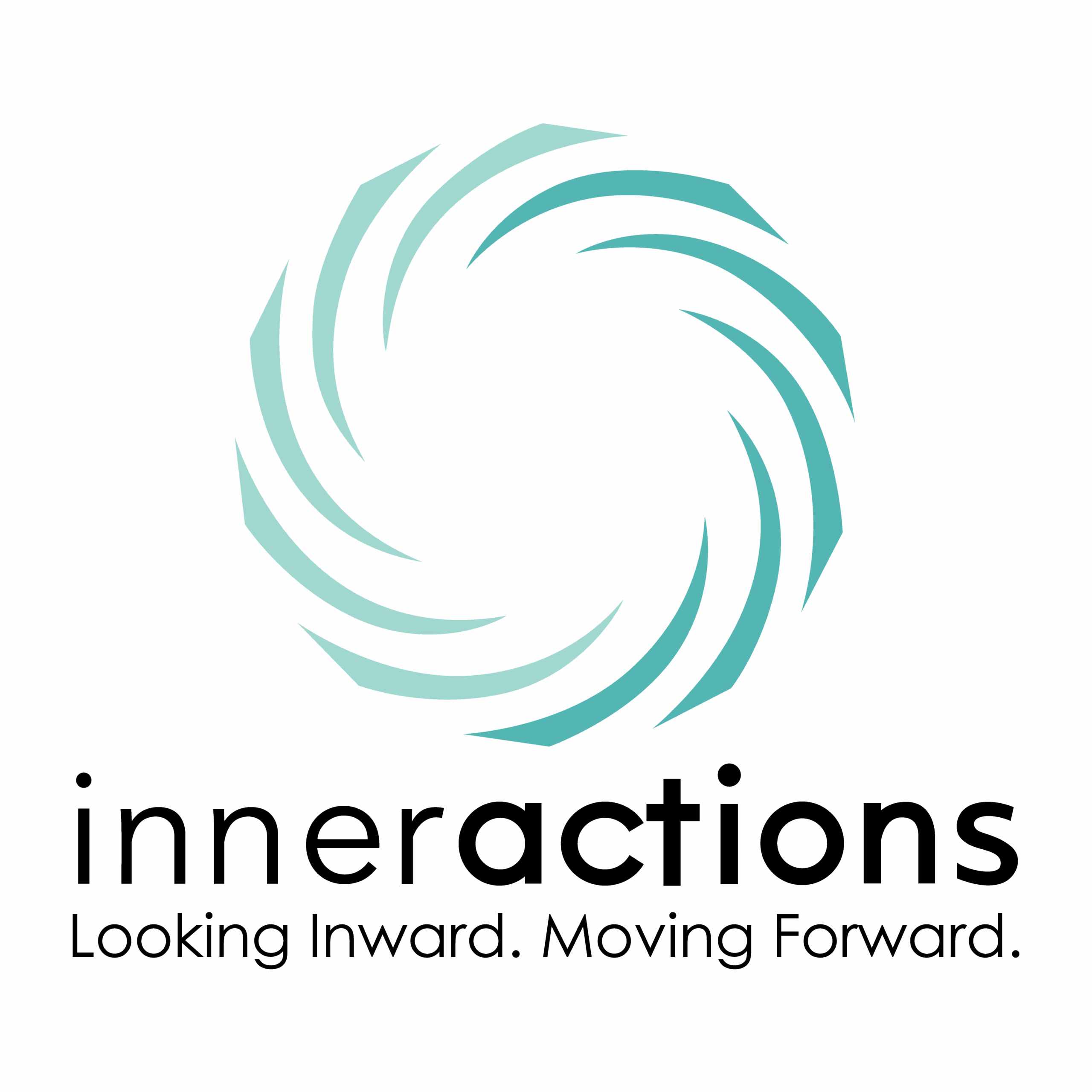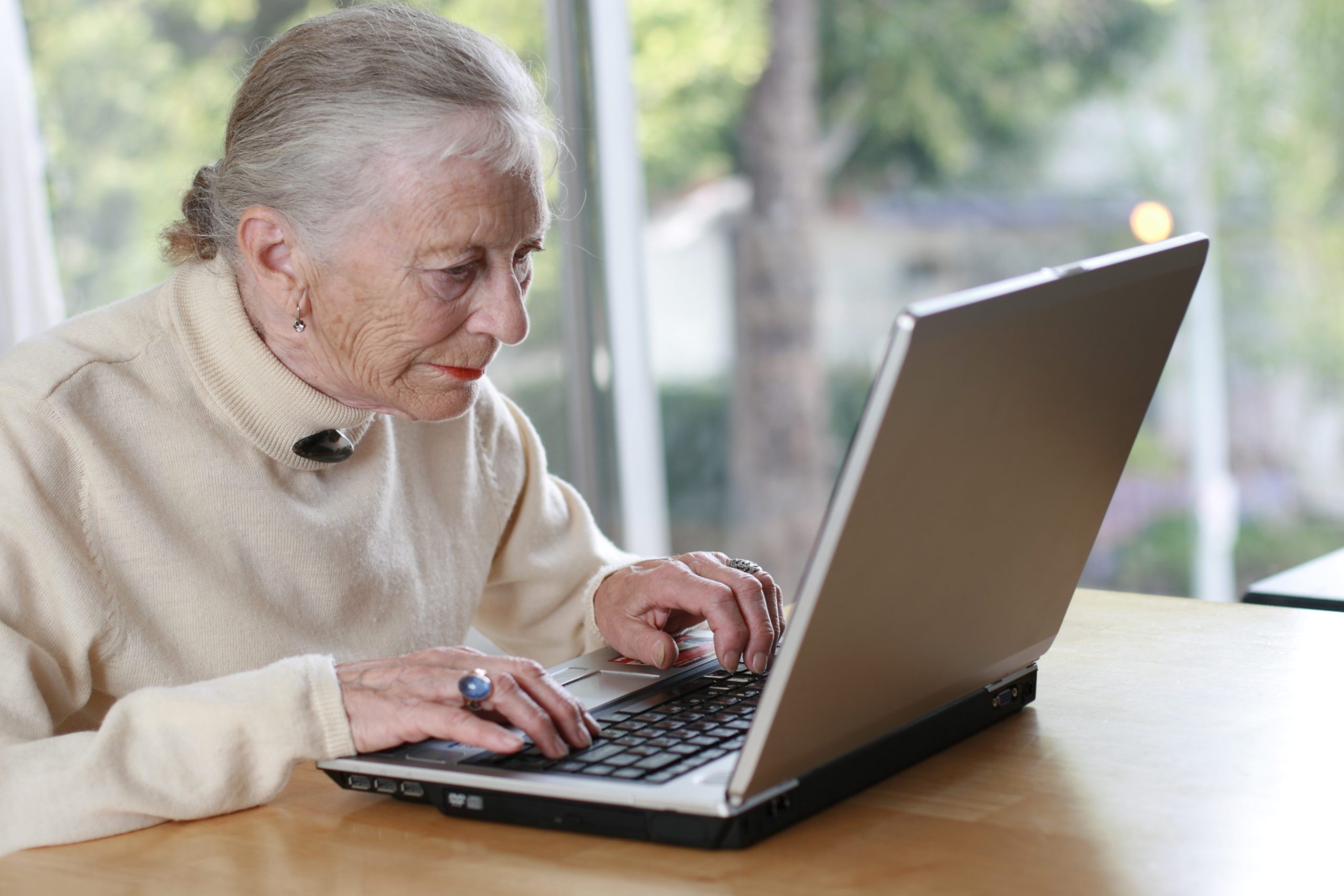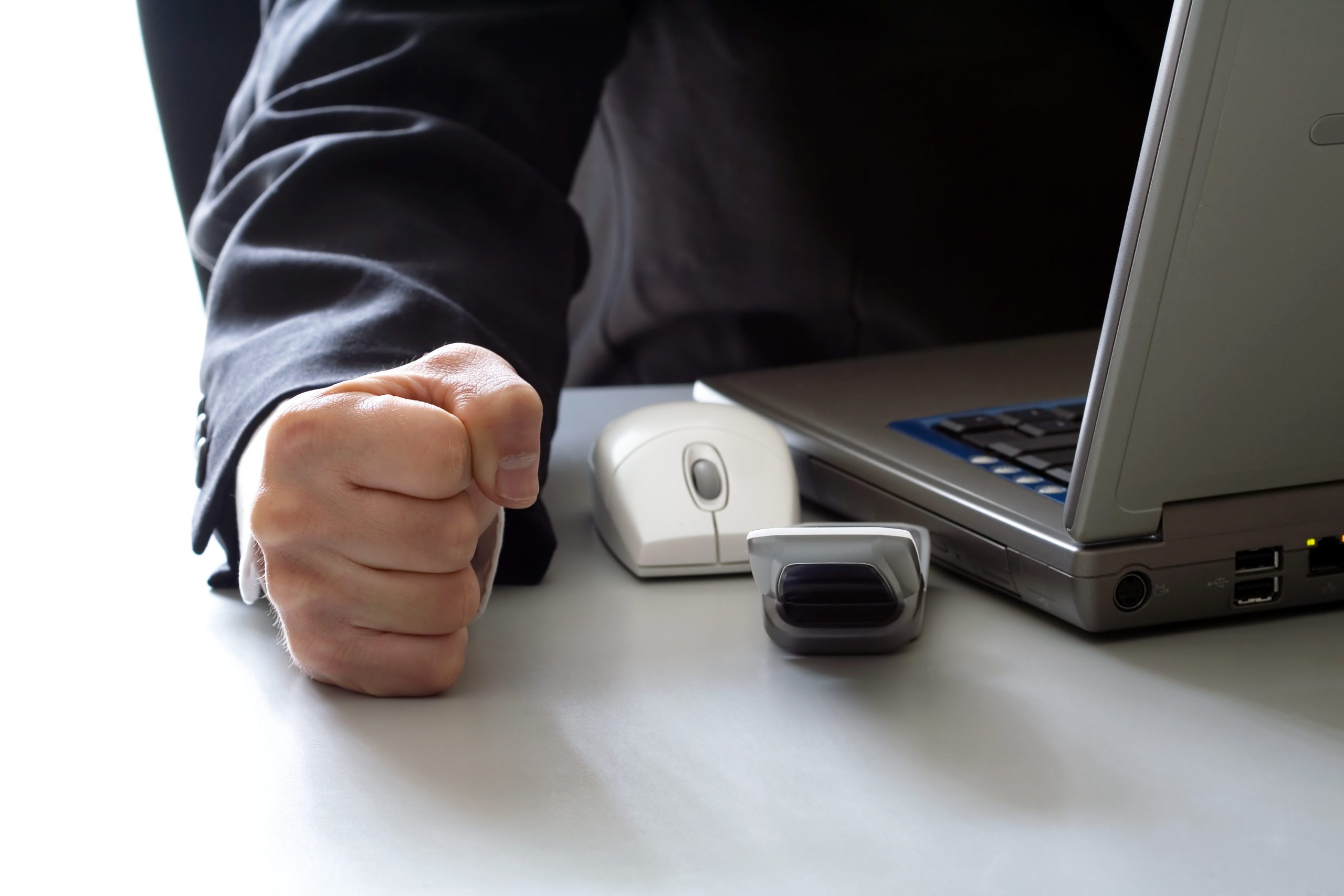Often times, social media is associated with many negative connotations. Some people claim it can be addictive and potentially cause ADHD. Others warn about its dark underbelly and the predators who use it to sell drugs or scam account holders. But let it be known that there are many positive aspects to this medium as well. It all depends on how people choose to use it. And, as a recent study showed, for lonely seniors, social media is proving itself to be a powerful tool.
Reuters Health recently reported that people 67 and older who live in assisted living communities have found sites like Facebook and YouTube to be incredibly inspiring. And for those of them who suffer from chronic pain (as many older Americans do), depression levels dropped significantly following regular usage of social media.
The research specifically revealed that 15 percent of seniors dealing with pain showed signs of depression. When sites like Facebook entered the equation, however, that number changed to just 6 percent. Study co-author (and University of Michigan at Ann Arbor professor) Shannon Ang attributed that shift to the sense of community that social media brings. Even if family members and friends live far away, these web destinations make them feel much closer.
“Using online social media to maintain contact with family members and friends is a good way to compensate for seniors who restrict their social activities due to pain. It is not going to replace seeing people in person, but it will help supplement their reduced activities,” Ang explained. “For us, this study is about preserving mental health.”
The only hiccup is that many people within this age group are somewhat unfamiliar with these sites and how they work. So despite the fact that a place like Facebook can drastically decrease depression symptoms, only 17 percent of that population regularly logs on.
This, of course, will change as younger generations enter their senior years and it will be very interesting to see what kind of role social media will play for the next set of older Americans. But for now, we agree that these types of sites should be strongly considered in the fight against elderly depression. And on that note, we encourage family members to teach their parents and grandparents about the benefits of staying virally connected.
“It’s very well known that social support is helpful for depression and physical symptoms,” Ang concluded. “It’s a growing area of interest in research and clinical care.”





